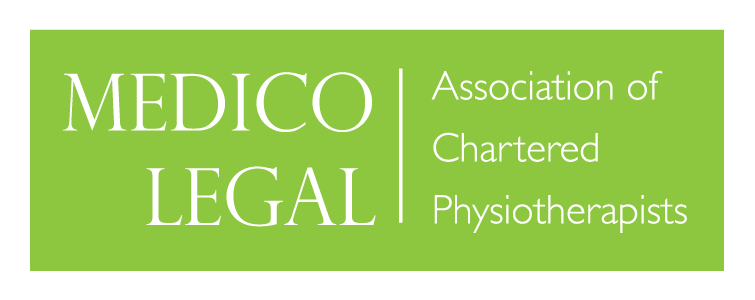Hard corns are a thickening in the stratum corneum, which is the superficial layer of the skin. Build-up of the skin can occur anywhere where it is exposed to excessive pressures. Hard corns often appear on weight bearing areas such as the heel, the ball of the foot, apices of the lesser toes and sometimes even on the top of the toes. The causes therefore are indicative of concentrated and intermittent pressure. Often as a result of toe deformities or incorrectly fitted shoes. Compressional, shearing and torsional forces are often responsible for the developments of hard corns. Instability due to the foot rolling in can cause immobility to the toes causing them to retract or claw. Imbalances in musculature in the foot can cause toe deformities, leading to the development of corns on the top of your toes.
Clinical features include pain due to excessive pressure from footwear pressing down on the lesion further pressing the sharp point of the corn into another layer of the skin which has pain receptors. Extravasation can be caused by this type of corn on the top and can lead to ulceration if untreated. The individual often describes it similar to walking on a stone. The pain and discomfort is compounded by overlying hard skin which often raises above the level of the skin further pushing down the corn.
Treatment of corns usually to debride overlying hard skin and enucleate the corn. It is important to identify any possible causative factors such as footwear or biomechanical problems that can be addressed. Often silicone props are used to redistribute pressure on digital lesions and functional or accommodative insoles or orthotics to address any biomechanical issues. Antibiotics need to be administered if sepsis occurs and appropriate dressing applied if ulceration has occurred as well as cushioning the lesion to take away pressure to aid in healing.
For more advice please contact Central FootClinic here
Blog compiled by Nabila Shaheen, Podiatrist, Central FootClinic






